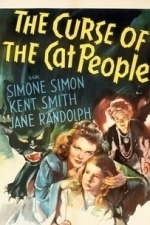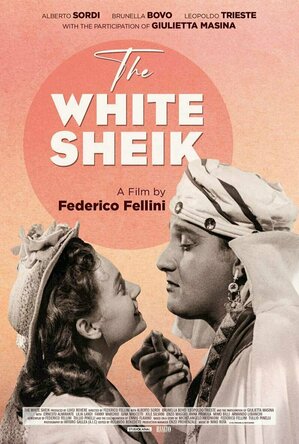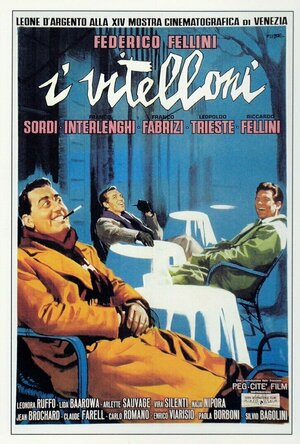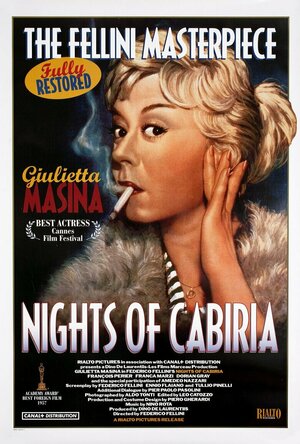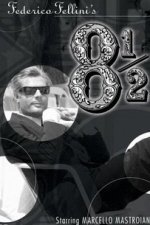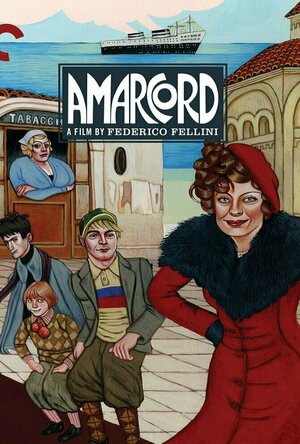
Remote Control LG Smart TV (webos) for Apple Watch
Utilities and Entertainment
App
Getting lazy looking for the remote control hiding somewhere in the house. We have the solution...
Awix (3310 KP) rated The Curse of the Cat People (1944) in Movies
Jun 4, 2020
Much, much gentler than it might sound; there's virtually no reference to Irena's supposedly cursed blood (she turns into a cat in moments of passion), the 'curse' mentioned in the title is the shadow her death still casts over the family. But here Irena seems entirely benign and the story is about the relationship between parents and a child struggling to fit in. Nicely made and performed, but very hard to categorise.

Bella's Countryside Christmas
Book
Fleeing her heartache and horrendous job, Bella stumbles upon a December wedding in the beautiful...
Seasonal Contemporary Closed Door Romance
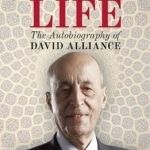
A Bazaar Life: The Autobiography of David Alliance
David Alliance and Ivan Fallon
Book
At the age of thirteen, David Alliance was taken out of school by his father and apprenticed into...
Greg Mottola recommended The White Sheik (1952) in Movies (curated)
Greg Mottola recommended I Vitelloni (1953) in Movies (curated)
Greg Mottola recommended Nights of Cabiria (1957) in Movies (curated)
Greg Mottola recommended 8 1/2 (1963) in Movies (curated)
Greg Mottola recommended Amarcord (1973) in Movies (curated)
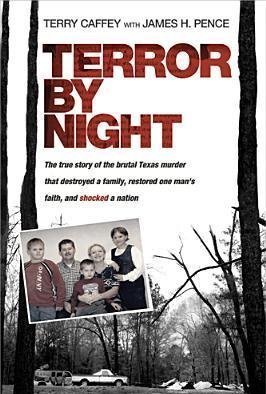
Terror by Night: The True Story of the Brutal Texas Murder That Destroyed a Family, Restored One Man's Faith, and Shocked a Nation
Book
At 3:00 a.m. on March 1, 2008, Terry Caffey awoke to find his daughter’s boyfriend standing in his...
